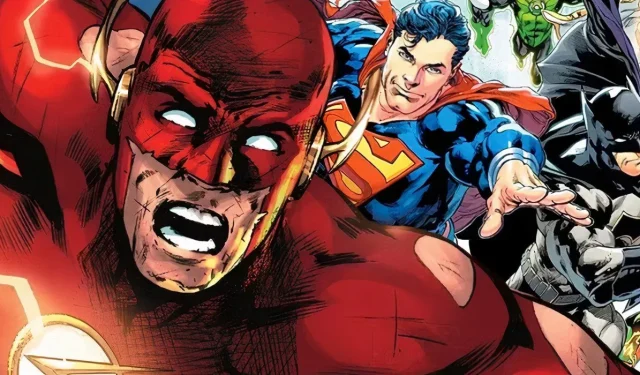
Warning: Spoilers for The Flash #16 Wally West, known as The Flash, stands out as a heroic figure who has demonstrated valor in countless situations. However, even the Fastest Man Alive grapples with personal flaws. Recent revelations from someone he dearly cares for highlight a significant weakness that resonates not just with him but universally among DC’s superheroes. The narrative underscores a critical truth: superheroes are not invulnerable and often face challenges that hinder their potential effectiveness.
The Flash Criticized for His Imperfections
Wally West Is Challenged by His Wife
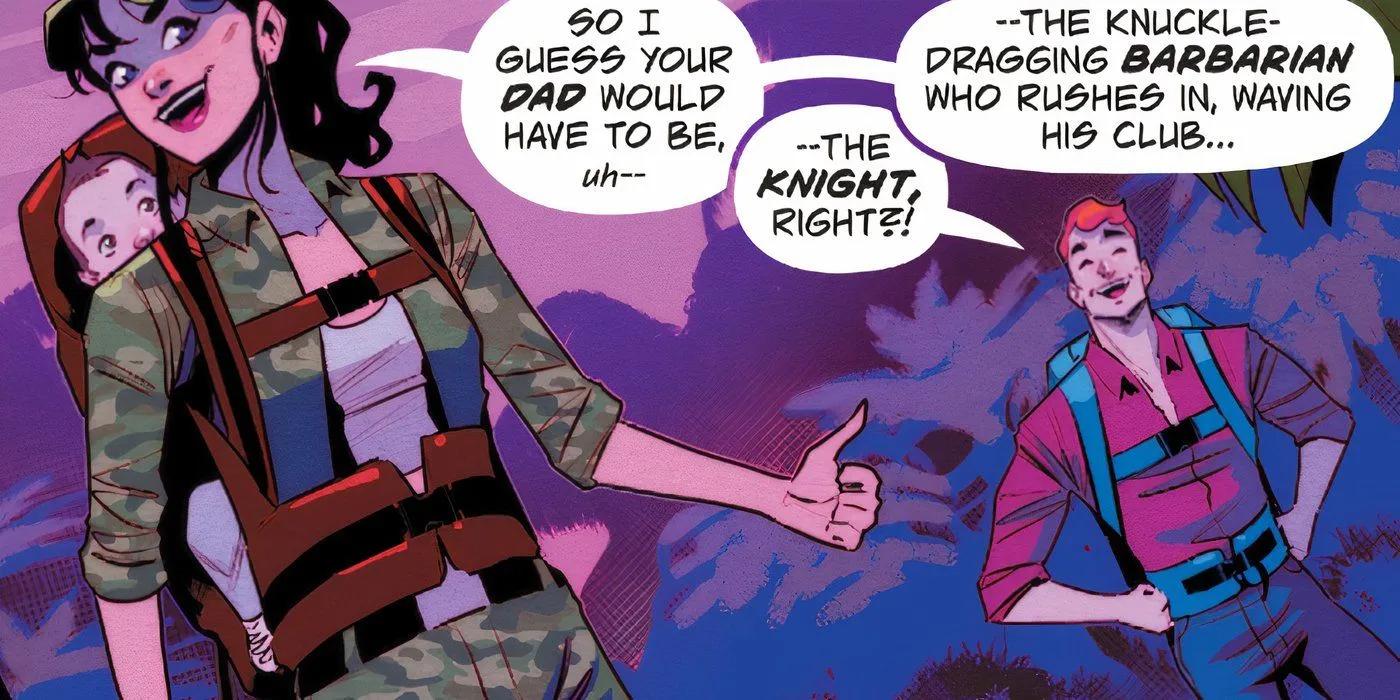
In The Flash #16, crafted by Simon Spurrier and illustrated by Vasco Georgiev, Linda Park-West offers a humorous yet pointed assessment of her husband during a lighthearted family discussion about characters from Dungeons & Dragons. When it’s Wally’s turn to be placed in the game, she aptly describes him as a “knuckle-dragging barbarian who rushes in, waving his club.” This portrayal rings true as we see Wally’s impulsive behaviors unfold throughout the issue.
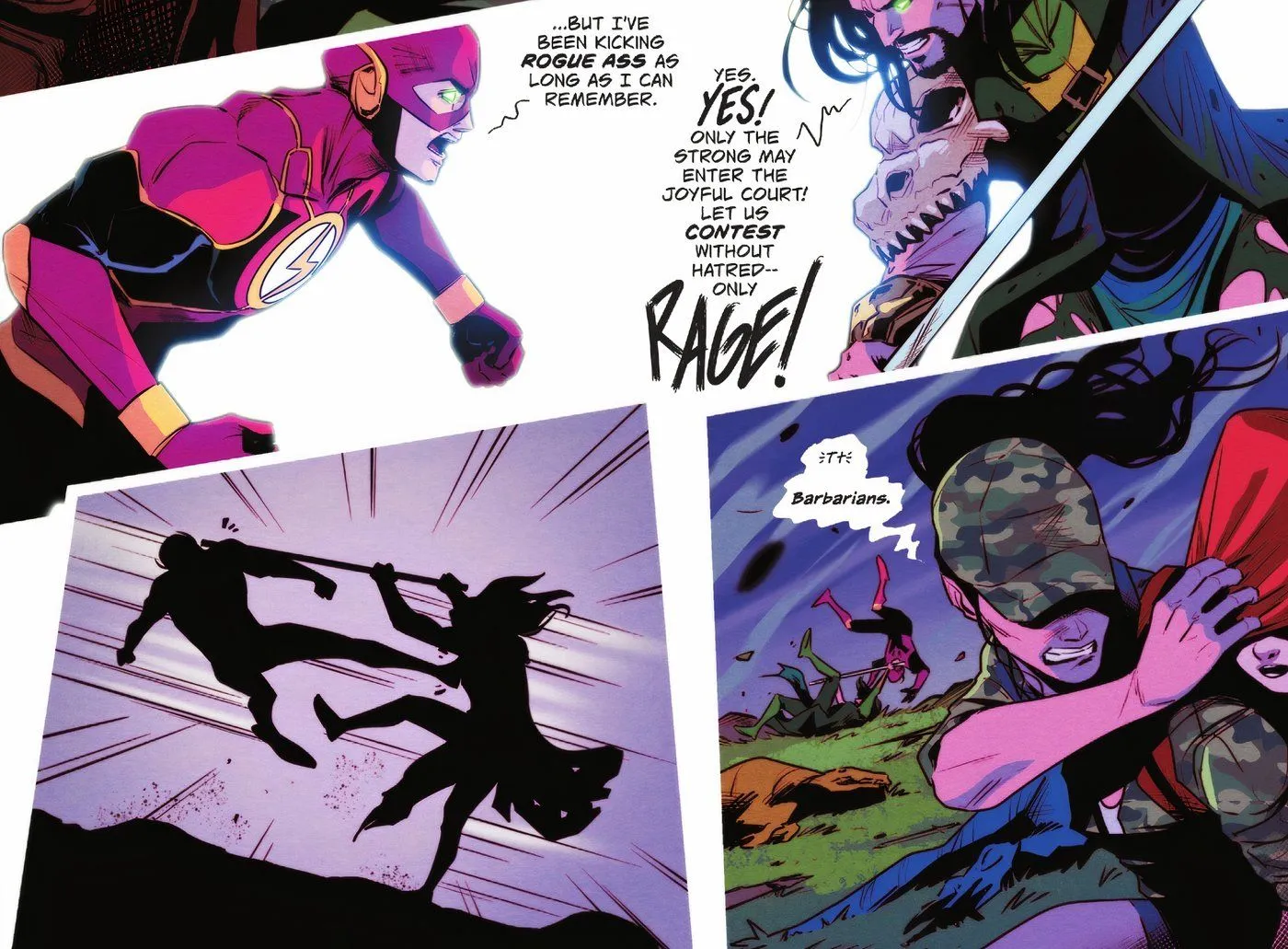
The narrative swiftly turns serious as Weather Wizard, one of Flash’s formidable foes, disrupts the family vacation, initiating a confrontation. Linda’s immediate response is to urge communication and understanding, believing that discussing the mystical properties of Skartaris could yield a more peaceful resolution. However, Wally’s instinct to charge headfirst into battle overtakes his ability to engage thoughtfully. His disregard for Linda’s suggestions reflects his ongoing struggle with recklessness, validating her critical stance.
The Downside of Impulsive Action
The Importance of Communication in Heroism
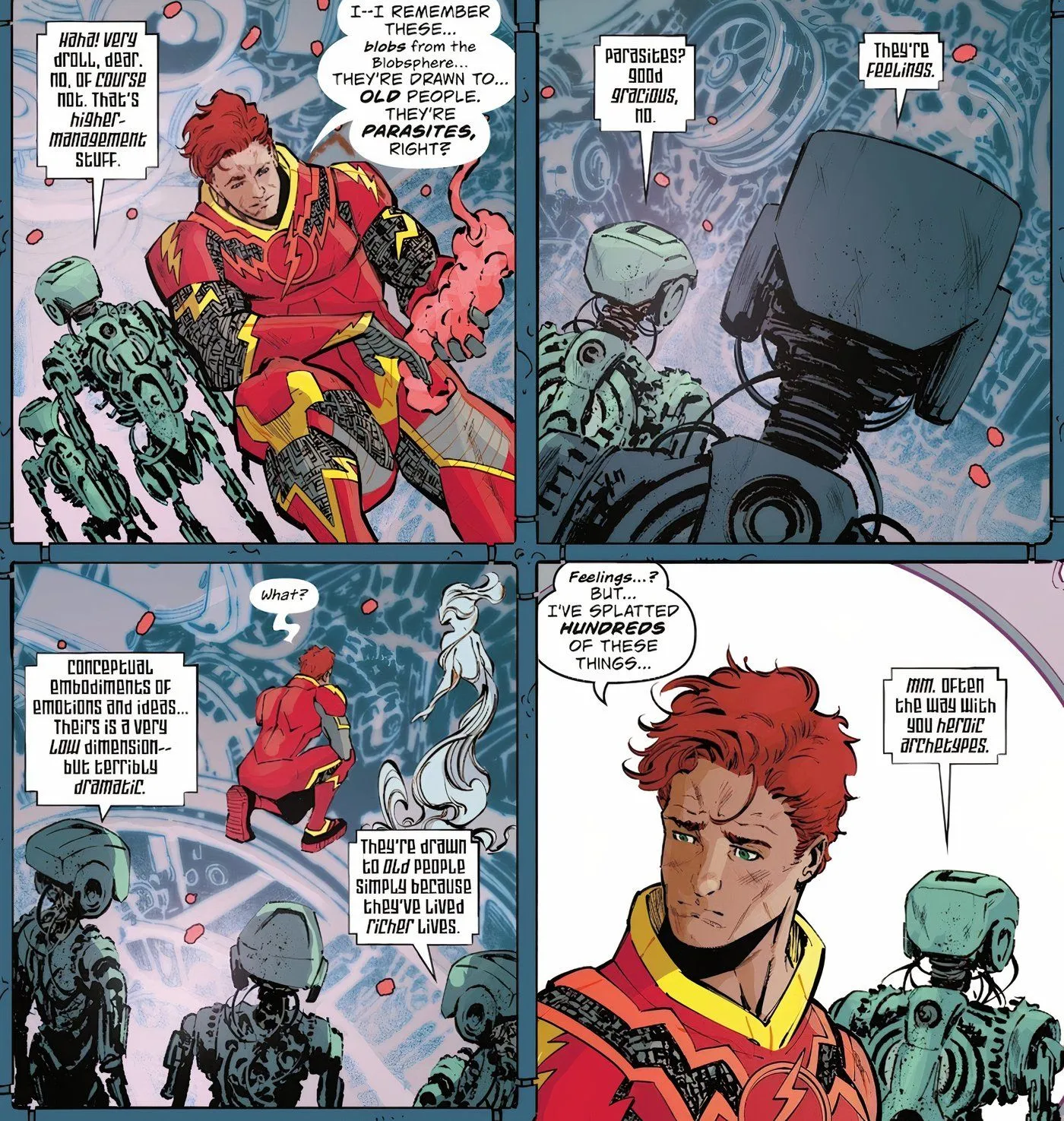
While Linda’s candid observation about the Flash’s impulsive nature is a recent highlight, instances of this flaw have been evident in Wally’s past actions. A notable example occurs in The Flash 2024 Annual, where he interacts with sentient blobs, only to discover these entities embody emotions. His instinctive destruction of these “blobs” stems from a fight-first mentality, leading to tragic consequences. By neglecting to understand their nature, he unwittingly harms the feelings of others, illustrating the ramifications of hasty actions.
Continuing this pattern, in The Flash #5, we see a similar scenario unfold when Wally interrogates Gorilla Grodd. In this encounter, Wally’s failure to empathize forces his son Jai to step in, emphasizing the need for communication. Heroes like Wally often find themselves wrestling with the impulse to dominate rather than to dialogue, which not only affects villains like Grodd but also highlights a systemic issue amongst many DC heroes.
A Universal Barbaric Trait Among Heroes
A Call for Self-Reflection in the Hero Community
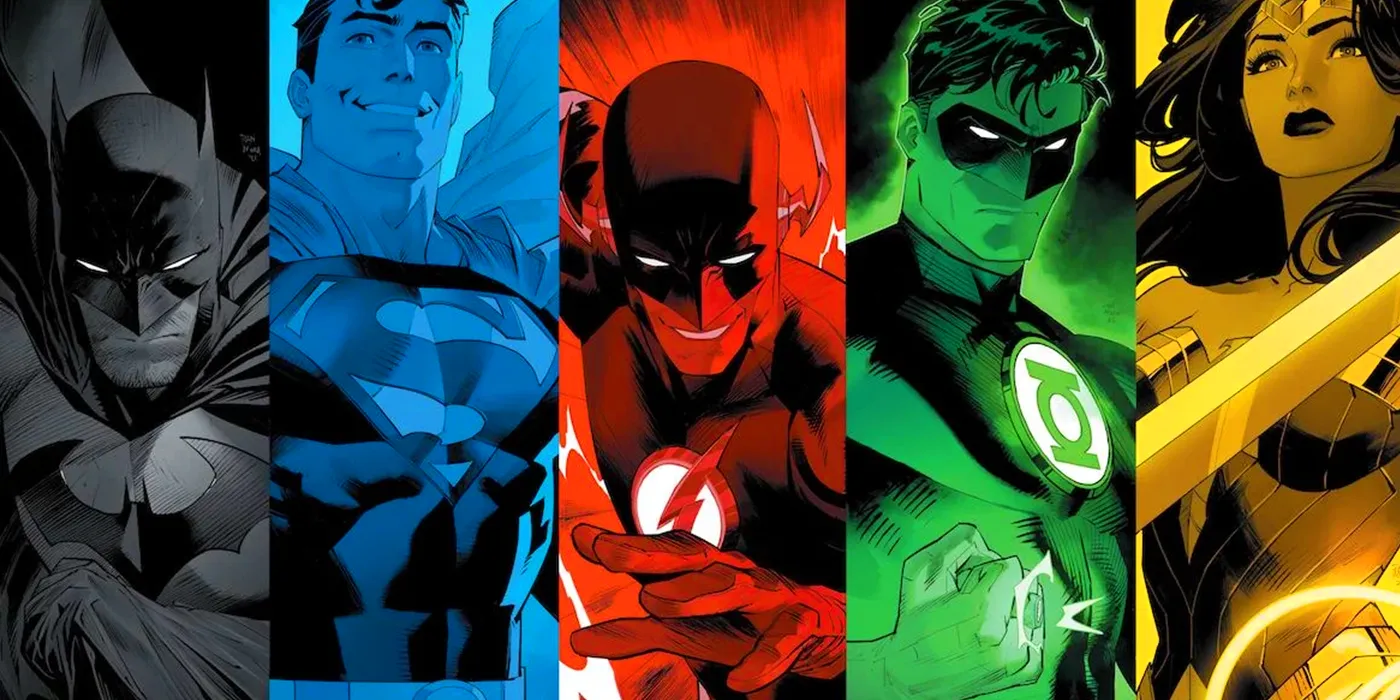
Linda’s critique of Wally’s approach serves as a broader commentary on the superhero archetype, signifying that he is not alone in his barbaric tendencies. Many heroes, including those in the Justice League, often resort to combat as a primary mode of problem-solving. This simplistic dichotomy of good versus evil not only diminishes their effectiveness but also impedes potential resolutions that could stem from understanding rather than brute force.
It is imperative for heroes to heed Linda’s advice: communication is crucial for real change. Engaging with adversaries, even those perceived as purely villainous, could lead to greater understanding and foster a dialogue that moves beyond mere conflict. Ultimately, superheroes should remember that their foundational mission is to uplift and assist, with combat remaining as a last resort.
The Flash #16 is currently available from DC Comics, offering not just thrilling action but also a compelling critique of heroism in the modern age.




Leave a Reply